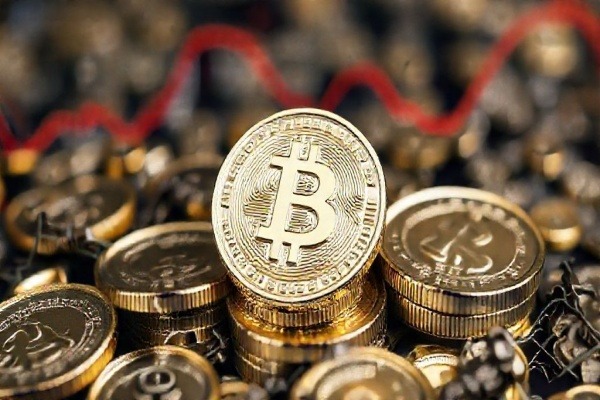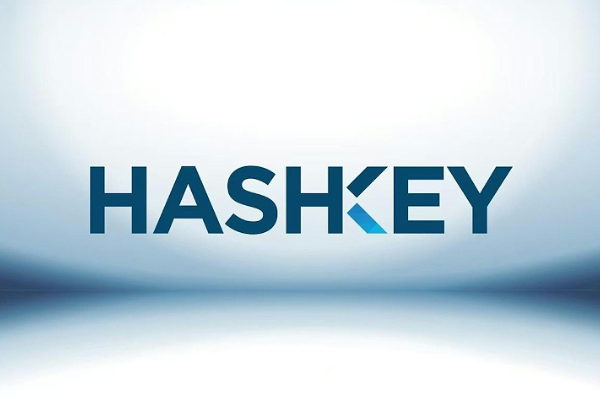French Parliament Proposes Review of Bitcoin Mining as a Solution to Excess Electricity
A group of French lawmakers submitted a proposal to the National Assembly this week, calling on the government to launch a national review to study whether Bitcoin mining can be used as an important means to regulate excess electricity. The proposal points out that France will suffer economic losses of up to 80 million euros in 2024 due to overproduction of electricity, especially under the power generation structure dominated by nuclear energy.
France currently gets more than 70% of its electricity from nuclear power plants. Although its carbon emissions are extremely low, it is prone to overcapacity when electricity demand fluctuates. The lawmakers believe that the Bitcoin mining process has a high demand for electricity and is highly flexible. It can be used as an "adjustable load" unit to help absorb excess electricity and optimize the efficiency of the grid.
"We want to explore the possibility of using Bitcoin mining as a tool, not a problem," said a member of parliament who proposed the proposal. "Under proper supervision, mining facilities can be enabled when electricity consumption is low and shut down during peak hours, which will not only help stabilize the load on the power grid, but also may recycle industrial waste heat, revitalize abandoned sites and create jobs."
The proposal suggests that the French government should evaluate the feasibility of establishing a regulated, low-carbon Bitcoin mining industry, giving priority to deploying related projects in remote areas or old industrial facilities to maximize economic and environmental benefits.
Members also pointed out that Bitcoin mines can form synergies with nuclear power plants and renewable energy facilities to promote a more resilient and sustainable energy system. Compared with the carbon emissions that critics of traditional energy consumption are concerned about, France has a natural advantage in developing "clean mining" due to its high proportion of nuclear energy.
At present, some countries in the world have tried similar ideas. Some areas in Texas, the United States, use Bitcoin mines to absorb excess wind power capacity, and Quebec, Canada, also encourages the use of hydropower in the mining industry. French parliamentarians believe that if they can learn from international experience and combine their own energy structure, the development of a controlled mining industry can enhance France's strategic capabilities in the digital economy and energy scheduling.
The proposal is still in the early stages of review, but its introduction shows that the mainstream legislative attitude towards the crypto industry is gradually changing, from rejection to pragmatic exploration. Whether the policy can be implemented in the future still needs to wait for the results of government evaluation and multi-party consultation.









